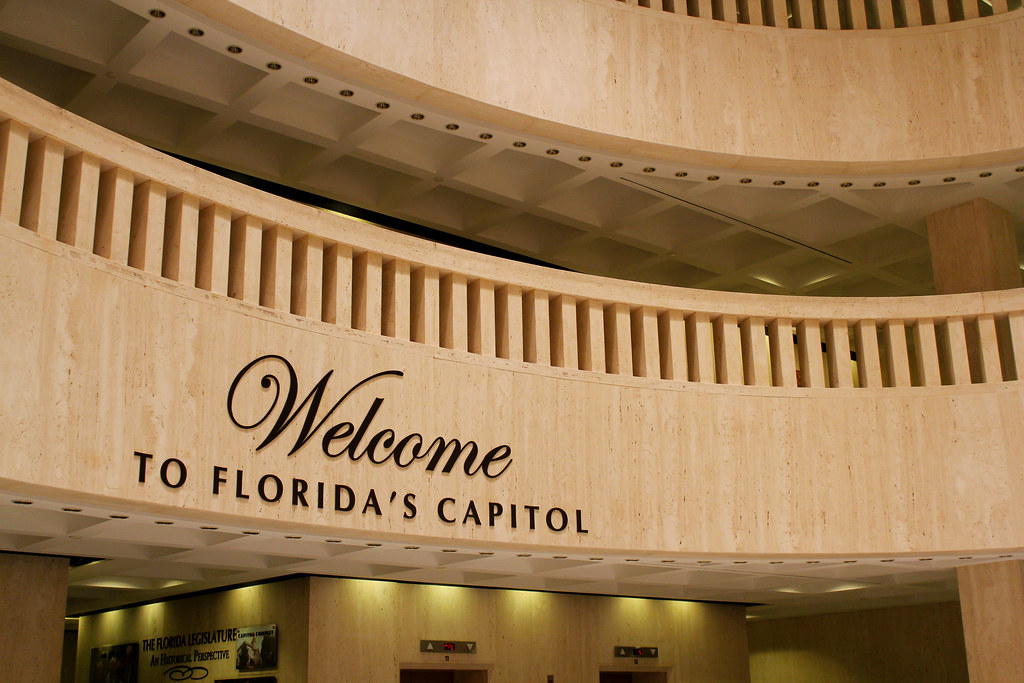
Greg Volynsky is a student at Harvard Law School.
In today’s News and Commentary, Florida House committee approves legislation to weaken public sector unions, Department of Agriculture urges meat companies to examine supply chains for child labor, House subcommittee to hold hearing on California’s approach to gig workers, Twitter faces new lawsuits over mass layoffs, federal agency to release proposed regulations to enforce Pregnant Workers Fairness Act, San Jose City Council strengthens wage theft policy for public contracts, and Trader Joe’s workers in New York City and Oakland to vote on unionization.
On Tuesday, a Florida House committee approved legislation that would ban public-employee union members from having their union dues automatically deducted. The bill would require public unions to have at least 60% of their bargaining unit to be dues-paying members, or else be decertified. Police, firefighter, and correctional officer employee unions would be exempt from these measures. The Florida Senate has already approved the measure, and Governor DeSantis is expected to sign the bill if it is approved by the House.
On Wednesday, the Biden administration urged meat companies to examine their supply chains for evidence of child labor. In the letter, Agriculture Secretary Tom Vilsack requested that meat and poultry companies determine whether illegal child labor is being used in their supply chains and adopt stronger child labor standards for subcontractors. The Department of Agriculture also said it was exploring enforcement mechanisms to strengthen oversight. The letter comes as the Department of Labor leads an effort to curb illegal child labor across sectors, having found a 69% increase in the illegal employment of children in the U.S. since 2018.
The House Workforce Protections subcommittee will hold a hearing next Wednesday on California’s approach to safeguarding the rights of gig workers. The hearing is a thinly-veiled attack on Julie Su, President Biden’s nominee to lead the Labor Department. Independent contractors are not covered by the federal Fair Labor Standards Act. California’s Assembly Bill 5 (AB5) categorizes most gig workers as employees. Business groups are concerned that Su may implement California’s approach nationally, although the Biden administration has already stated it does not intend to adopt California’s independent contractor test. The hearing comes as business groups have pressed against Su’s nomination, and Republicans on the Senate HELP Committee demand a meeting with the nominee.
Twitter is facing a new round of lawsuits alleging the company failed to provide adequate notice and timely payments to workers following mass layoffs in 2022, after Elon Musk’s $44 billion takeover. The lawsuits also claim that employees aged 50 or older were disproportionately affected by the layoffs, pointing to Musk’s public remarks about older people as evidence of discrimination.
The Equal Employment Opportunity Commission (EEOC) is set to release proposed regulations related to the recently enacted Pregnant Workers Fairness Act (PWFA) in the coming weeks or months. The PWFA, signed by President Biden in January, mandates employers to provide reasonable accommodations for pregnant employees and directs the EEOC to establish regulations to help employers comply by the end of the year. The PWFA passed Congress with bipartisan support.
On Tuesday, San Jose City Council voted unanimously to strengthen the city’s wage theft policy for public contracts. City law disqualified contractors from public projects if they had two or more wage theft violations in the past five years, or one unpaid wage theft judgment, but excluded public works contracts. The updated policy includes public works contracts and allows contractors with a history of wage theft to be exempt from disqualifications if they establish a process for worker complaints or allow for collective bargaining agreements.
Workers at Trader Joe’s in New York City and Oakland, CA will vote whether to unionize next week.






Daily News & Commentary
Start your day with our roundup of the latest labor developments. See all
February 5
Minnesota schools and teachers sue to limit ICE presence near schools; labor leaders call on Newsom to protect workers from AI; UAW and Volkswagen reach a tentative agreement.
February 4
Lawsuit challenges Trump Gold Card; insurance coverage of fertility services; moratorium on layoffs for federal workers extended
February 3
In today’s news and commentary, Bloomberg reports on a drop in unionization, Starbucks challenges an NLRB ruling, and a federal judge blocks DHS termination of protections for Haitian migrants. Volatile economic conditions and a shifting political climate drove new union membership sharply lower in 2025, according to a Bloomberg Law report analyzing trends in labor […]
February 2
Amazon announces layoffs; Trump picks BLS commissioner; DOL authorizes supplemental H-2B visas.
February 1
The moratorium blocking the Trump Administration from implementing Reductions in Force (RIFs) against federal workers expires, and workers throughout the country protest to defund ICE.
January 30
Multiple unions endorse a national general strike, and tech companies spend millions on ad campaigns for data centers.